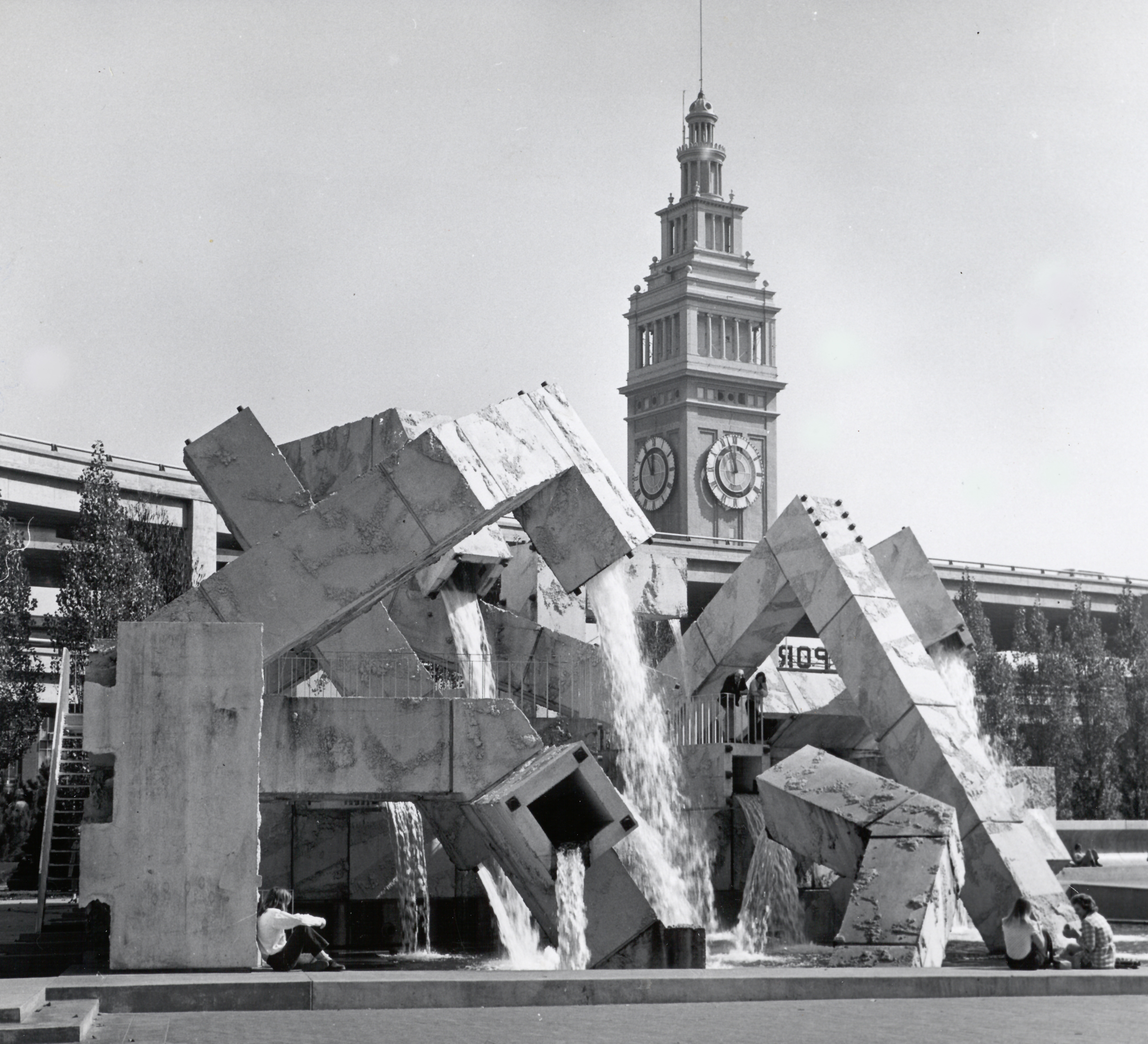
In "Thirty-Six" Shotgun Players Explore the Beauty and Dangers of Love
"Thirty-Six" by Leah Nanako Winkler opens with previews on November 16 and runs November 23 through January 4
by Kristi Deprin

Soren Santos as David and Laren Andrei Garcia as Jenny at S. Berkeley's local bar, Roses on Adeline, getting into character for Shotgun Players' upcoming production of "Thirty-Six." Photo by Robbie Sweeny. Graphic Art by RBlack'
Many people seeking romance have asked themselves: how do I find love in this modern world? To that end, The New York Times created a weekly column and podcast exploring the ins and outs of relationships. One of their most esteemed articles, “The 36 Questions that Lead to Love” is the inspiration for the play "Thirty-Six" by Leah Nanako Winker, in its world premiere at Berkeley’s Shotgun Players this November.
In the original article, psychologist Dr. Arthur Aron outlines a technique he used to successfully light sparks between two strangers in a 1997 experiment. Step One: Ask 36 increasingly personal questions. Step Two: Have the subjects look into each other’s eyes for four minutes. Step Three: Wait. The result of Dr. Aron’s experiment: the two subjects got married within six months of completing the study, inviting the lab to the ceremony.
In other more recent and informal study replicas, including one from The New York Times in 2015 and one from Cosmopolitan Magazine in 2023, romantic results turned out mixed, though all participants reported deeper ties. Closeness itself (not marriage) seems to be the more attainable outcome of these questions. Director Michele Talgarow says, “These questions are really open to any curious soul looking for connection in any kind of relationship - including romantic love. And because Shotgun Players’ identity as a theater is all about provocative storytelling, it’s the perfect spot for this world premiere.”
So how does this experiment translate onto the stage? Set in modern day New York City, Jenny and David find one another on an online dating app. They decide to meet up at a bar. Though they appear to have different agendas with David craving emotional intimacy and Jenny on the hunt for a one-night stand, they both want to be seen - and touched. As they begin to ask and answer “The 36 Questions That Lead to Love” the evening takes an unexpected turn with an encounter that irrevocably changes them both. The audience gets front-row seats, taking the journey alongside the unlikely pair.
“I’m personally curious about the intimacy of the piece,” says Talgarow. “The fear and fearlessness in sex, and the fear and fearlessness in intimacy — which can be the same as sex, but not always. We live in a world with smartphones and dating apps, but underneath that is us as human beings: random, raw, real, and silly.” In the 36-questions study, Dr. Aron calls his work a ‘practical methodology for creating closeness.’ Talgarow agrees, “I see how much closeness many young people find through dating apps and the screen. But it’s really the face-to-face and sound-to-sound interactions that speak to the longevity of relationships.”
Sound Designer Alex Fakayode is up for the challenge of literally amplifying this play’s tenderness with sound. “We live in a world with so much ambient noise - the sounds of New York City including street sounds, subway sounds, phone sounds, and, in our production, the actors have microphones. This process has been a dialogue with the artistic team – giving the actors the choice of when to amplify themselves and when to speak without a filter.” The voices – both digitized through amplification and natural – craft a masterclass in written dialogue. Talgarow adds, “Rehearsals have us scaffolding the space for quiet things to happen too. Audiences can feel the excitement of an earned pause because timing is as much a part of this story as it is most love stories.”
Unique to this production, there is a third actor who participates by putting voice and character to the stage directions. “What is a kiss without anticipation?” asks Nic Feliciano, the actor who performs this role. As the play’s stage directions become personified, the emotional tension is further heightened. "These questions help Jenny and David decide for themselves what they want and how they go about getting it," Feliciano says.
“If you want to know if the guy gets the girl or the girl gets the guy at the end, you will have to come see the show to find out,” Talgarow teases. “You’ll get no spoilers from me. More than that, though, I hope audiences bring these questions home after the show. If you are the curious kind of person who has the bravery to explore the beauty and danger in love with an interest in seeing people in your life more clearly, come see this play!”
Shotgun Players’ "Thirty-Six" by Leah Nanako Winkler performances run from November 23 through January 4 and discounted tickets are available on website. Through a program launched last year, Shotgun Players offers free tickets to anyone who identifies as a trans person of color. Use the discount code TPOC4FREE online at shotgunplayers.org. Interested parties may also mention the code if booking in person, or when calling the box office at (510) 841-6500, ext. 303.


